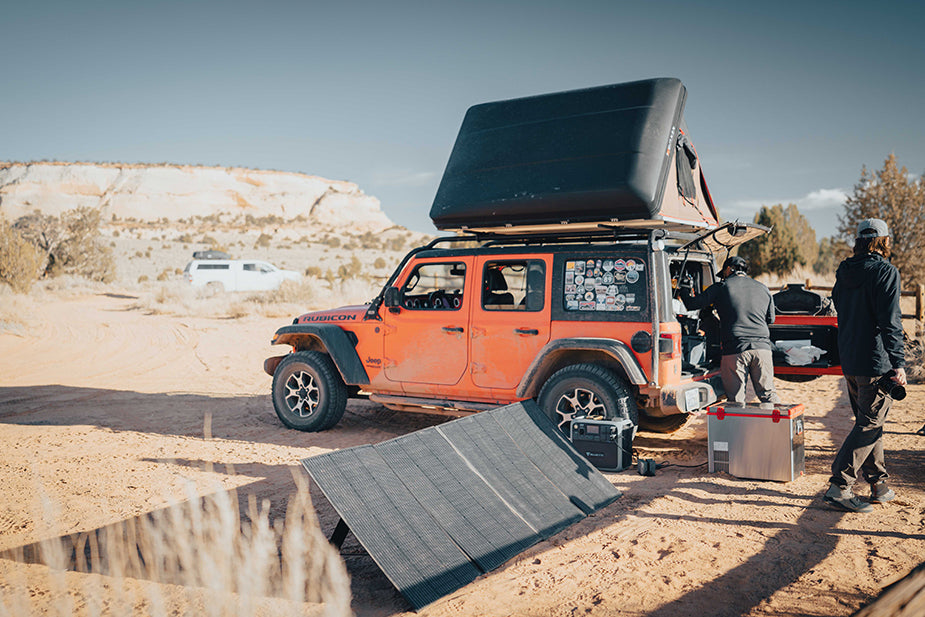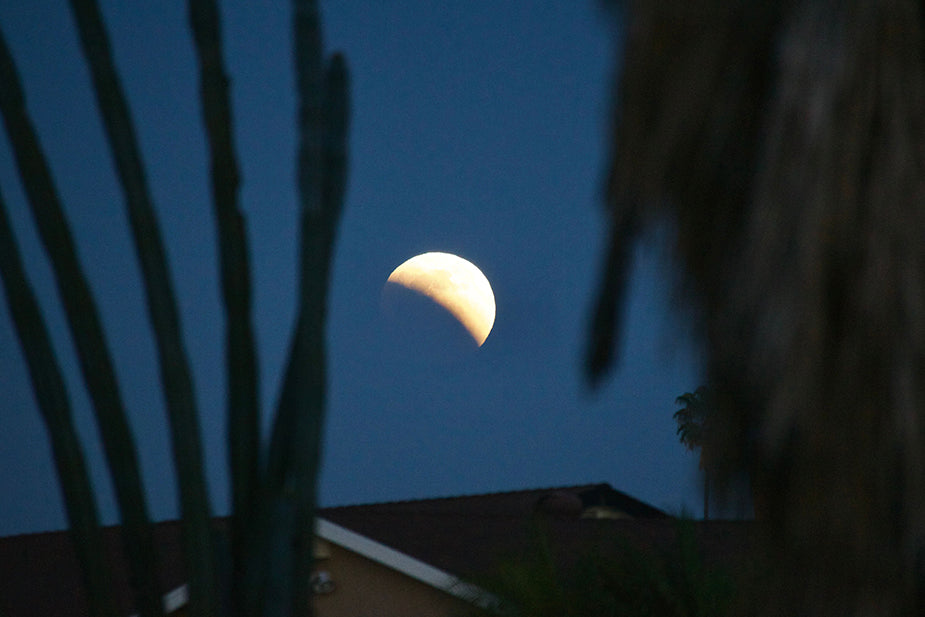With the winter months fast approaching, the weather will soon become more unpredictable. Not only will the days become shorter and darker, but there are bound to be more clouds in the sky.
As solar panels draw their energy from the sun, it is a common misconception that they don¡¯t work in cloudy or overcast conditions. However, solar panels don¡¯t need direct sunlight to produce electricity, meaning that they will continue to work, even in adverse weather conditions.
?
How Do Solar Panels Produce Electricity?
Solar panels use photovoltaic (PV) cells to absorb daylight?and generate electrical currents to power appliances both in the home and on the go. Solar panels are made using semi-conducting substances, such as silicone, that help convert light into electricity in a more efficient way.
When light is absorbed by solar panels, electron particles move to create energy. This is why solar panels generally create more electricity in stronger sunlight. For instance, when the sky is clear, the most energy will be produced around midday as this is when the sun is at its highest.
However, this does not mean that energy cannot be absorbed by solar panels when the sun is not visible.

?
How Do Solar Panels Work on Cloudy Days?
As solar panels work by absorbing daylight rather than sunlight, they continue to produce electricity even on overcast days.
Although the productivity of solar panels is not as effective on cloudy days, they can still generate up to 25% of their usual output. Solar panels do not only absorb visible light, but also different wavelengths of light that pass through thick cloud.
In simple terms, as long as a shadow can be cast, solar panels can work effectively to generate electricity.
?
The ¡®Edge-of-Cloud¡¯ Effect
Clouds and shade can reduce the amount of energy solar panels produce, yet this is not always the case. Oftentimes, cloudy conditions can cause a higher output of electricity. This is due to a phenomenon called the ¡®edge-of-cloud¡¯ effect.
The effect is caused by the increase in irradiance, which results in more radiant energy being made. The reflection of the sun against passing clouds allows light to make contact with the solar panels causing higher outputs of energy to be generated.

Will Solar Panels Work in the Shade?
Many factors, including natural causes, can mean that shade will decrease the amount of energy?solar panels generate.
Although solar panel systems are engineered to prevent shading from compromising the production of energy, this is dependent on the individual solar technology ¨C in particular, microinverters.
Depending on the placement of the microinverters, the panels will be affected by shading in different ways. For example, if the wires are connected to one inverter, the whole solar panel system will be affected. This will mean that the shaded panel causes the others to underperform, therefore preventing energy from passing through to the central inverter.
Alternatively, if the panels have their own individual microinverters, the panel which is shaded will be the only one affected, rather than the whole system.
This is why the overall impact of energy production will be less severe when there is multiple inverters.
?
What Other Conditions Affect the Efficiency of Solar Panels?
Other conditions such as the time of day and alternative weather conditions can also affect the efficiency of solar panels and their production of energy.
?
During the Night
Although solar panels require daylight to generate electricity, certain systems will include a backup battery storage. This backup battery allows solar panels to store excess energy from throughout the day, which can then be used during the night. ?

?
Fog
Similar to cloudy and overcast weather, foggy conditions can affect solar production. However, the panels are still able to capture some energy from the daylight.
Fog typically burns off throughout the day, especially during the morning. This means that by midday, the solar panels will be performing to their usual capacity, providing that the sun has returned to view.
It is estimated that solar panels operate at 50% of their normal efficiency when the weather is foggy, this is more than both dense cloud and overcast conditions.
?
How Effective Are Solar Panel Systems?
Whether on the go or at home, the amount of energy which is needed varies between different people and their routines. However, in order to make the most out of solar panel systems, it is important to consider their placement. It is recommended that the panels are placed on a 30-degree tilt in an open space to ensure that sufficient energy is being produced.
If these factors are taken into account, they can have profound effects on electricity bills. For example, utility company Eon?found that a 12-panel solar system could generate enough electricity in a year to help save a household over 534 on electricity bills!
?
Making the Most of Your Solar Panels
Although adverse weather conditions can affect the productivity of solar panels, they don¡¯t completely count out their efficiency. While it is clear that solar panels require daylight to generate energy, there are plenty of solutions to making the most of your systems, even on the cloudiest days!
When taking into consideration the different set-up requirements for solar panels in regard to local weather patterns, it is simpler than ever to naturally generate electricity.
Here at Bluetti, we have a range of foldable, portable, and efficient solar panels, helping you to produce power in any location or weather condition. If you have any questions regarding solar panel systems or would like to know any additional information about our products, contact our?expert team today!



